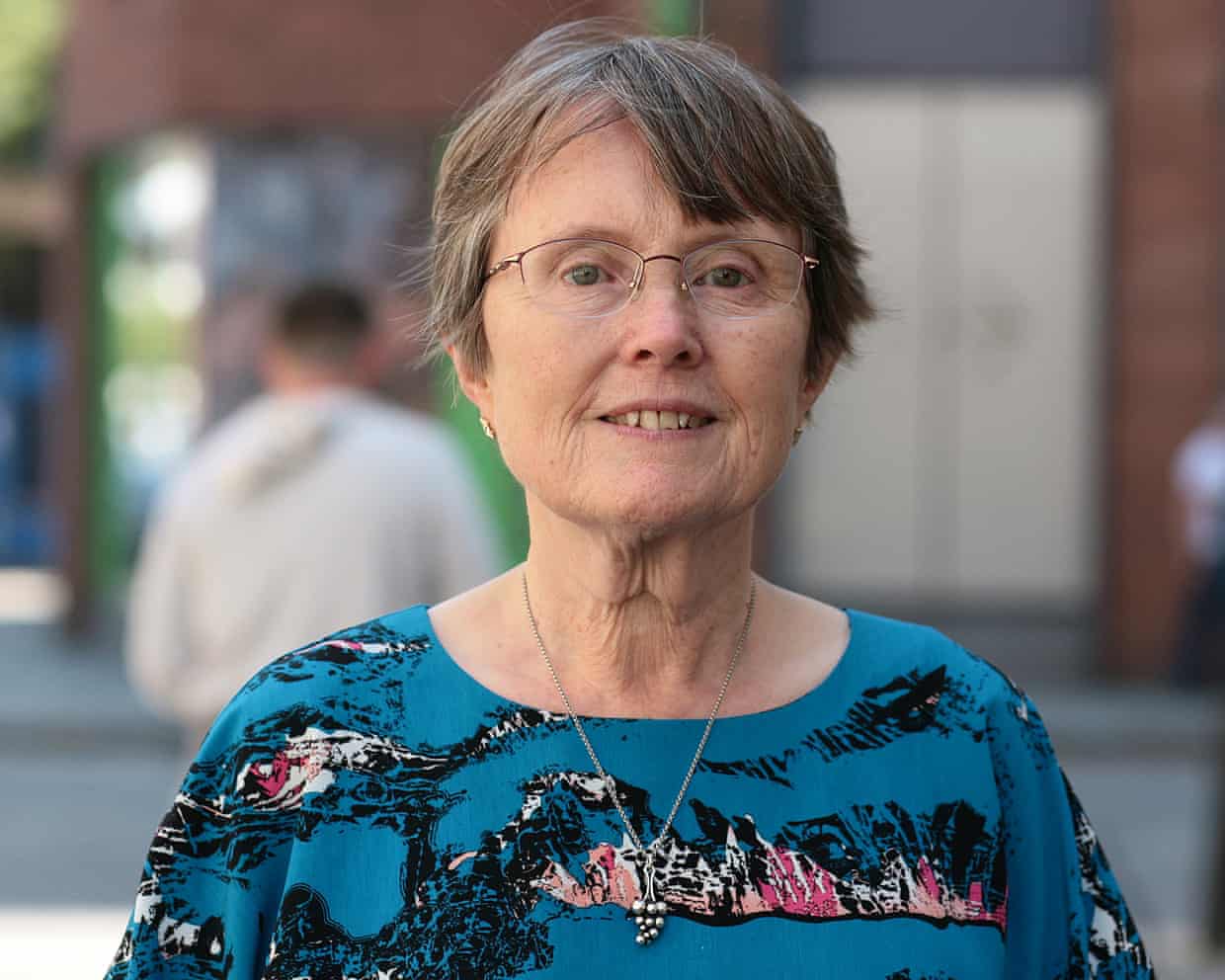
Binge drinking rises sharply among gen Z in their early 20s
Binge drinking rates among gen Z have risen sharply since their teenage years, according to research that challenges their reputation as “generation sensible”.Almost seven in 10 (68%) 23-year-olds reported binge drinking in the past year, while nearly a third (29%) said they did so at least monthly, up from 10% at age 17.While drug use is relatively limited in the teenage years, by their 20s almost half (49%) have used cannabis and a third (32%) have tried harder drugs such as cocaine, ketamine and ecstasy, analysis by University College London (UCL) found.Researchers from the UCL Centre for Longitudinal Studies (CLS) analysed data from nearly 10,000 people born across the UK in 2000-02 who are taking part in the Millennium Cohort Study.They compared substance use at 17 and again at 23 within the same group

Scientists laud potentially life-changing drug for children with resistant form of epilepsy
Scientists have hailed a potentially life-changing drug for children with a hard to treat form of epilepsy, after promising early clinical trial results.Dravet syndrome is a genetic disorder which causes treatment resistant epilepsy and is often accompanied by speech and developmental delays. About 3,000 people are thought to have the condition in the UK. Current treatments aim to control the number and severity of seizures, but often do not work.These preliminary trials, led by UCL and Great Ormond Street hospital (GOSH), found that the drug appeared to be safe and well tolerated by the 81 children taking part

Maternity services need investment in people and training, not another review | Letters
Once again, we are faced with a report detailing the failures in maternity services (Cruel comments, racism and cover-ups: key findings from England’s maternity care report, 26 February, 26 February), highlighting deficiencies in both clinical staffing and care environments. Maternity services in the NHS are in crisis, but this is not new information. As clinicians, we have been aware of these systemic pressures for many years. Reports from the Healthcare Safety Investigation Branch, now Maternity and Newborn Safety Investigations, along with numerous other inquiries, have already identified the core issues. Collectively, they have produced some 748 recommendations that, if properly implemented, could meaningfully improve care

Head of carer’s allowance inquiry blames DWP ‘resistance’ for failure to fix crisis
The head of an official inquiry into carer’s allowance has criticised “forces of resistance” inside the Department for Work and Pensions (DWP) that undermined ministerial attempts to fix longstanding problems with the much-criticised benefit.Liz Sayce, whose review of carer’s allowance was published in November, said rather than owning the problems, some at the DWP had tried to “minimise” the extent of the department’s failures and sought to deflect blame for the crisis.An award-winning Guardian investigation last year revealed how the DWP failures led to hundreds of thousands of unpaid carers unwittingly running up huge debts after becoming trapped by an opaque, poorly administered and punitive system.Many carers suffered serious ill-health as a result, and hundreds were convicted of benefit fraud owing to their experiences over a period of years, which the review described as like being “at the whim of a faceless machine”.Sayce’s review of carer’s allowance overpayments in November found the blame lay with “systemic” issues at the DWP and emphasised carers should not be held responsible for falling foul of what it said were complex and confusing benefit rules

The UK scandal of women handcuffed while in labour: ‘I was so shocked when the restraints weren’t removed’
Pregnant women prisoners in England are being handcuffed to prison officers – often male – during intimate vaginal examinations and long, agonising births. Will this dehumanising treatment be stopped?The worst moment of Joanna’s labour was an internal examination. She was handcuffed with her legs splayed apart and a female prison officer at the foot of the hospital bed saw everything. She had prepared for the arrival of her first baby as carefully as she could. But she understood that birth can be unpredictable – and this was complicated by the fact that, during the latter part of her pregnancy, she was serving a jail sentence

More than 220m children will be obese by 2040 without drastic action, report warns
Without drastic action more than 220 million children could have obesity by 2040, an international report has warned.Globally, in 2025 about 180 million children were obese. But new figures from the World Obesity Federation suggest that by 2040, about 227 million of all five- to 19-year-olds will have obesity and more than half a billion will be overweight.According to the federation’s 2026 world obesity atlas, that would mean that at least 120 million school-age children would have early signs of chronic disease caused by their high body mass index (BMI).Someone is classed as obese if their BMI is 30 or above, and overweight if it is above 25

‘That person has gone’: Lewis Hamilton ditches despair for feelgood Ferrari reboot

India hold off brave England and brilliant Bethell to reach T20 World Cup final

Seven countries to boycott Paralympics ceremony over flag-flying Russians

Jennifer Shahade: ‘There’s a long and embedded history of abuse in chess’

From a 19-time world champ to Monster Mike: US athletes to watch at the 2026 Winter Paralympics

Emma Raducanu hopes to rediscover ‘natural’ style that has been ‘coached out of me’